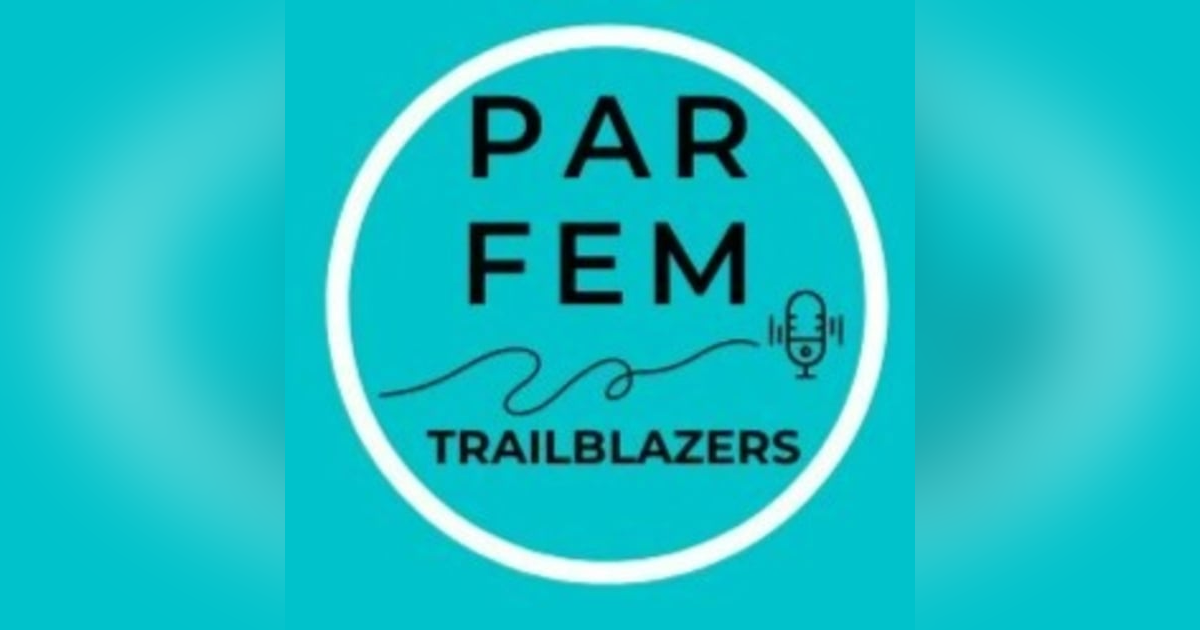
Sign up to get updates from us
By signing up, you agree to receive email from this podcast.

Margarita Antonio is a Miskitu Indigenous rights activist from the Nicaragua Caribbean Autonomous Region. A feminist, she works with international Indigenous women promoting their collective and individual rights and their voice in decision-making forums addressing the critical social, economic, and environmental justice issues of our times. Margarita has a long career in journalism and media, including community TV, and in cultural revitalization. Margarita was the first Miskitu female journalist.
She is founder of the Institute for Intercultural Communication of URACCAN University. She helped develop BilwiVision, a youth-run community television program. Margarita was a coordinator of Mujeres Creativas on the Nicaragua Caribbean Coast. Mujeres Creativas is a grassroots collective of Miskitu Indigenous Women who promote cultural revitalization using participatory arts-based approaches. Margarita has been the Project Coordinator of the Caribbean Central America Research Council, which creates spaces for dialogue, exchange and mutual learning between Indigenous, Afrodescendants and Traditional organizations. Currently Margarita Antonio is the Ayni Fund Programs Coordinator at the International Indigenous Women Forum, which promotes the individual and collective rights of Indigenous Women.
Antonio, Margarita. (2008). ¿De quiénes y para quiénes son las tierras costeñas? Who do the coast lands belong to and who will get them? Envio: Información sobre Nicaragua y Centroamérica. Diciembre, No 321/329 .
https://mujerescreativas.wordpress.com/ - grassroots collective of Miskitu Indigenous Women promoting cultural revitalization by learning rituals and traditions from their elders and sharing this knowledge using participatory arts-based approaches.
Davitian, Lauren-Glenn (2019) Host - Report from Bilwi: An interview with Margarita Antonio
https://www.cctv.org/watch-tv/programs/report-bilwi-interview-margarita-antonio